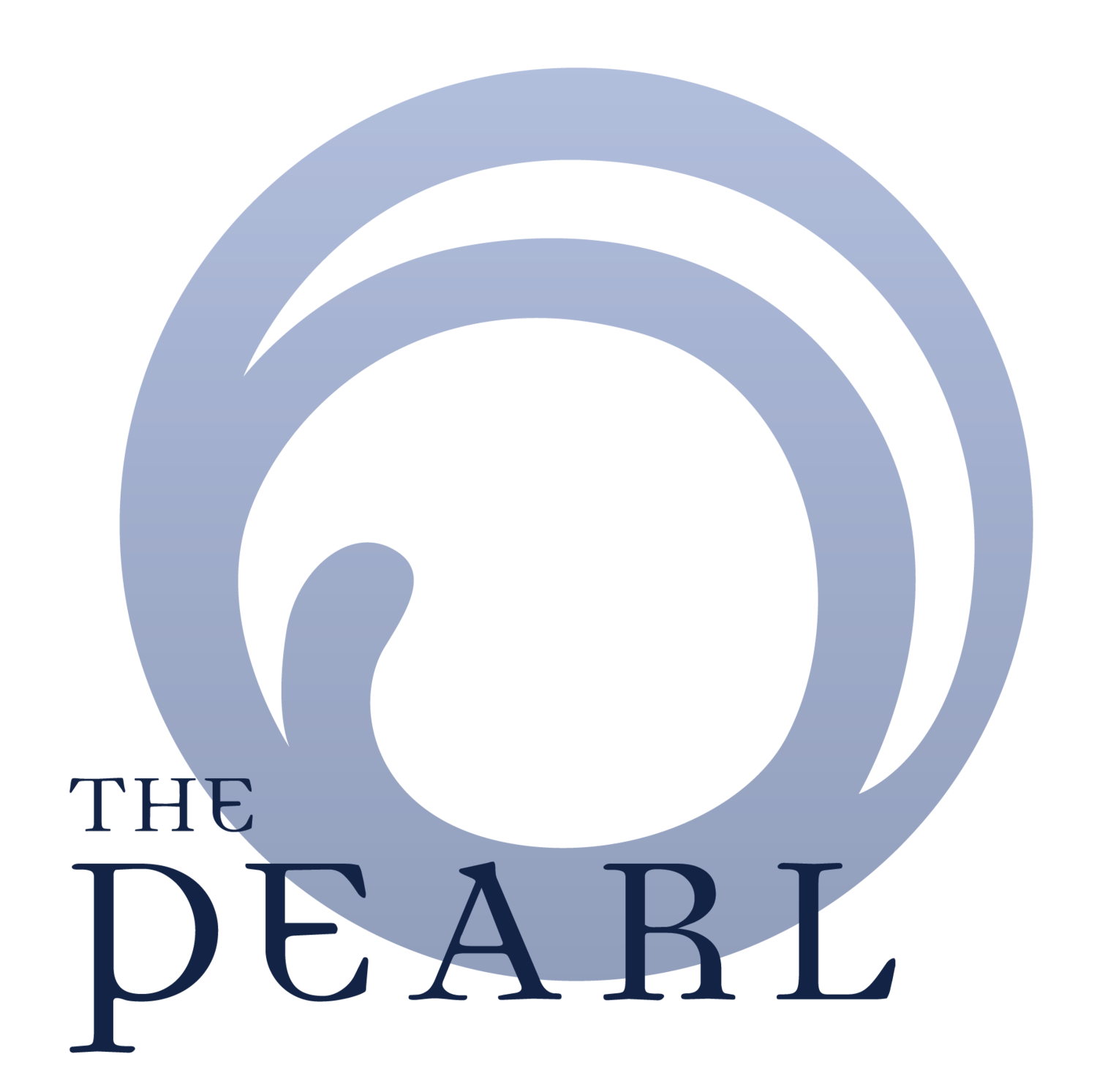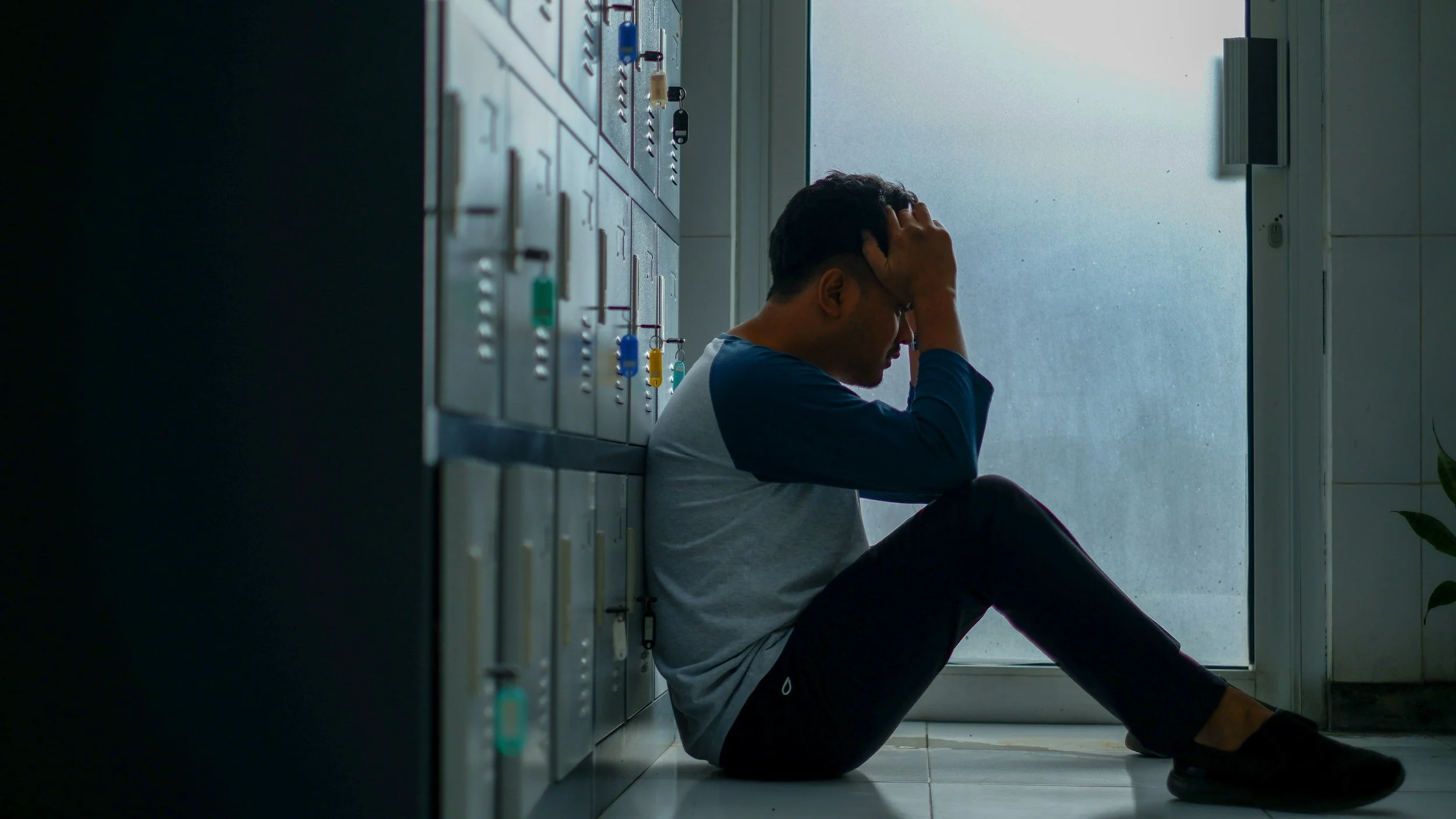This Mother's Day, Let's Talk About Burnout and Balance.
As COVID-19 numbers remain stable within our community, some of the comforts of regular life are beginning to return. We’re going out, listening to live music, and meeting up with friends. All of this feels pretty dang magical after spending 2 years cooped up with my first grader. It got real. Honestly, it still does. Let’s be real. COVID or not, parenting is fraught with challenges.
The world learned many lessons over the pandemic. Many people learned new skills or hobbies. Even more faced difficult emotions like depression, heartbreak, uncertainty, and grief. And if there are any lessons to be held on to as the world slowly picks up from where we left off, let it be this: prioritizing one’s health and wellbeing is more important than anything. But when work gets in the way of your life’s balance, how do you manage? And what about when you have children who also depend on you?
For many working mothers, this reality was already at a tipping point prior to 2020, but it was made more abundantly clear as schools and daycares closed and jobs were lost. According to a study conducted in 2018, the responsibilities of home life and raising children equates to 98 hours a week– about the same as working 2.5 full-time jobs. Many parents were forced to navigate working from home while children were either out of school or doing distance learning. Without the delineation of work, home, and personal life, all blurred into one, leading to burnout. One in four working parents in the United States report burnout– and it’s not surprising. If you also work a full-time (or even part-time) job in addition to raising a family, you are then at 138 hours– leaving only 30 hours a week for yourself, which is most likely spent doing important things like, you know, sleeping and eating and breathing. Sure, some of these hours overlap each other, but existing in a constant state of multitasking and juggling responsibilities pushes you toward burnout much more quickly if you’re not able to do things that recharge your batteries.
When our spa had to during the lockdown of March 2020, I was able to carve time out of the day to prioritize my wellbeing. Time to read, time for me, time to pause. Now I feel myself struggling to slow down, which is not my favorite. There are many challenges that could prevent you from maintaining that emphasis on your wellbeing as the world begins to “return to normal.” As a mother, it feels like there is a never ending supply of household tasks that need doing: there’s always laundry to wash, food to make, something to clean, and, somehow, always the proverbial fire to put out. Do you ever sit down to watch a movie or rest in some way, only to find yourself cleaning or switching laundry or some other chore? Allowing yourself time to sit, rest, and focus on one thing at a time can help prevent burnout. When that nagging feeling that you should be doing something creeps up, remind yourself that rest and balance are more important, and that it is okay to just be.
Creative expression can help you prevent burnout in the long run as well. Writing, photography, painting, drawing, baking, dancing— whatever form of creativity you choose helps quiet the racing mind and fuels the creative side of your brain in ways that are often neglected when too bogged down by chores and work and other responsibilities. But for many of us, these creative outlets are one of the first things to be tossed aside when life gets busy. When I feel too pressured to show up for others, all of the sudden I “don’t have time” for art. Which, for me, is like saying I don't have time to breathe. Art is not optional. Reading is not optional. For my own optimal health and wellbeing, I need both. Whatever you decide is non-negotiable, make sure you carve time out of your schedule to fuel what keeps you going. Be honest with yourself about what can be done a different time or day and what is truly essential to keeping you fueled.
When prioritizing your wellbeing and preventing burnout, we really are talking about creating balance in your life. Balance will never be perfect—it’s more of a dance than a tightrope walk. Some days or weeks you may be focusing on some things more than others, but if, overall, you notice you are not making time for yourself, you might feel shame and worry that you’ll never get back on track. When I find myself feeling like this, I give myself a break to pause. I remind myself that tomorrow is a new day or that next week is a new week, and I make notes to remind me to add one thing at a time. You might not be able to get back to doing all the things you want all at once– but creating an intention to start doing one thing for yourself a day helps to build the habit and shift the focus back to your wellbeing. Set a timer to read for 20 minutes after the kids go to bed, or use that time to take a bath. Or you could even add 5 minutes of meditation 3x in a week. The idea isn’t that you radically change your whole life in the course of one week, because that is not a sustainable change. Instead, make the incremental changes that allow you to build upon good habits that help you to bring a balance between your family, work, and personal life.
On Parent Peer Pressure:
Not everyone can make time for sports and extracurricular activities for their kids, let alone their own passions. Time, transportation, and financial constraints can all play a part in their decision. Yet other parents will often chime in. They mean well, but say things like, “you should…” or, “Why don’t you have your kid in _____ activity?” They say it with a look of pity like your kid will be left behind. This creates pressure on parents who are already feeling pressure in a thousand other ways, which can cause anxiety and further deepen the effects of parental burnout. I am all for having kids in sports, but I’m also for kids having unstructured free time. And I’m all for parents having time to eat dinner together and not rush around like unpaid taxi drivers. It’s all good, as long as we don’t create a culture of pressure around how we believe other parents should or should not do something.
Life is full of twists and turns. It can feel like I’ll never get back on track when it’s been a wonky couple of weeks. I feel like I'm failing at adulting and shame myself for dropping my priorities. The reality is this: it is what it is. Life is messy and beautiful and complicated and hard… all in a single day. We all have permission to start over any time we want. We’re not a pre-set button on a microwave. We can be flexible. It's a gift we all get to use. For me I find more peace looking at life one day at a time; not getting too ahead of yourself gives me more peace. In the same way, not looking back and feeling shame or guilt over a hard week or month can help you to be more resilient and bounce back quicker, instead of creating more emotional and mental exhaustion surrounding burnout.
As a parent, you might feel like you should only get a sitter for work or a really big event. In reality, you deserve a break anytime, whether or not you feel it is “important enough.” We are allowed to get a sitter or trade with a trusted neighbor so we can get a massage, get chiropractic care, or visit a friend, kid-free. Because let’s be real– it’s damn near impossible to have a real conversation when there are three wild children in the background needing things every 5 minutes. Asking for help is something for which many parents feel guilt or unworthiness, especially if it is for their own wellbeing. But even asking for help by delegating tasks around the home, or taking one day a month to have a kid-free evening can act as a wonderful opportunity to bring balance to a chaotic time and help you recharge depleted energy.
As we return to a faster pace of life with school, work, extracurriculars, family time, and other demands, remember that your wellbeing and balance are just as important– if not more. Without it, burnout, exhaustion, chronic fatigue, and illness could prevent you from being there for your loved ones. Take time to nurture yourself, and remember to have patience with yourself when things get off track.












